工学学士-航空航天工程
Bachelor of Engineering in Aerospace Engineering

学历文凭
Bachelor Degree

专业院系
Gina Cody School of Engineering and Computer Science

开学时间

课程时长

课程学费

国际学生入学条件
IDP—雅思考试联合主办方

雅思考试总分
7.0
- 雅思总分:7
- 托福网考总分:90
- 托福笔试总分:160
- 其他语言考试:PTE Academic - Minimum overall PTE academic score of 61 with a minimum of 46 in speaking and writing.
CRICOS代码:
申请截止日期: 请与IDP联系 以获取详细信息。
课程简介
Design airplanes. Build helicopters. Test unmanned air vehicles. Aerospace engineers master the mechanisms behind flight and propulsion in the atmosphere and in space. Choose to specialize in Aerodynamics and Propulsion, Aerospace Structures and Materials, or Avionics and Aerospace Systems. Through labs, lectures and projects, you’ll also: Apply mechanical, electrical, computer, and industrial engineering to the conception, design, implementation and operation of aerospace systems and processes, Solve problems using the techniques of mathematics, physics, modeling, and simulation, Gain practical insights into modern industrial practice. Our state-of-the-art labs give you experience with the tools and equipment you may use in the field. Montreal represents one of the three largest aerospace clusters in the world. After completing their degree, students will be in a position to use their advanced aerospace engineering knowledge and their creative, inquisitive and analytical skills in industry, government and service sectors.
相关申请
 预科
预科 奖学金
奖学金 实习机会
实习机会 在校学习
在校学习 跨境学习
跨境学习 校园授课-线上开始
校园授课-线上开始 在线/远程学习
在线/远程学习
开学时间&学费
学费信息仅供参考,请与IDP联系以获取详细信息
| 开学时间 | 时长 | 学费 | 地点 |
|---|
学校排名

世界排名601
数据源:
泰晤士高等教育世界大学排名
关于康考迪亚大学

康考迪亚大学(Concordia University)是位于加拿大第二大城市蒙特利尔的一所知名综合类公立大学,1974年由两所百年老校乔治威廉姆斯大学(Sir G. Williams,1926)与圣徒学院(Loyola,1896)合并而成。康考迪亚大学的约翰墨森商学院(John Molson School of Business, 简称JMSB)是加拿大第一个经过世界精英商学院协会(AACSB)认证的商学院,全球约13000所商学院中只有不到5%能获得此认证。该商学院也是培养“商业巨头”的摇篮,是加拿大出产“世界500强”最高执行总裁(CEO)最多的商学院,过半数的加拿大“世界500强”企业CEO曾在这里求学。其金融专业排名全加连年第一,会计专业也是多次高居排名榜首。此外,康考迪亚大学的MBA课程在国际商业舞台上颇被认可。康考迪亚大学的梅尔·霍普海姆电影学院(Mel Hoppenheim School of Cinema)是加拿大最好的电影学院之一,北美的奇幻国际电影节(Fantasia International Film Festival)每年都在该大学举行。
本校相关课程

应用科学硕士-电气和计算机工程
学历文凭
Masters Degree
开学日期
课程费用总额


强化英语课程
学历文凭
English Language
开学日期
课程费用总额


工商管理哲学博士
学历文凭
Ph.D.
开学日期
课程费用总额


电影和运动图像研究哲学博士
学历文凭
Ph.D.
开学日期
课程费用总额


艺术史哲学博士
学历文凭
Ph.D.
开学日期
课程费用总额

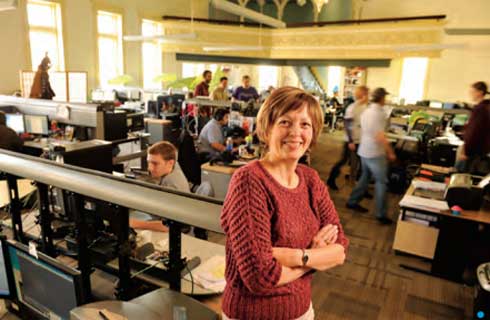
艺术教育哲学博士
学历文凭
Ph.D.
开学日期
课程费用总额

其他相关课程
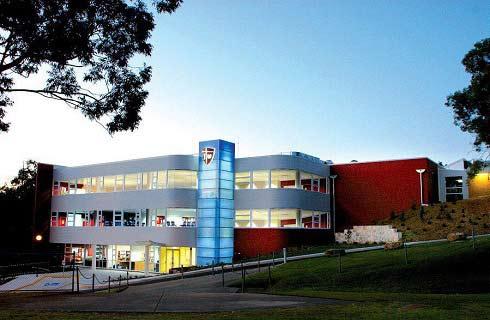
航空航天工程哲学博士
 多伦多都会大学
多伦多都会大学学历文凭
Ph.D.
开学日期
课程费用总额

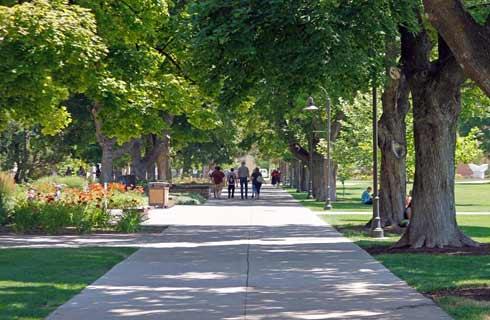
航空航天工程学硕士
 多伦多都会大学
多伦多都会大学学历文凭
Masters Degree
开学日期
课程费用总额

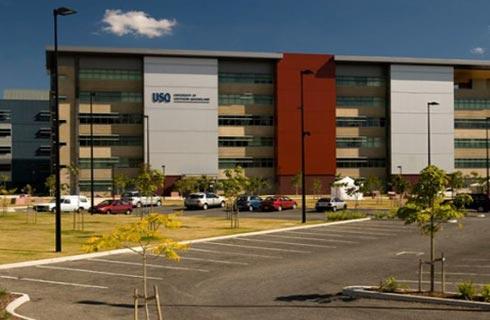
航空航天工程应用科学硕士
 多伦多都会大学
多伦多都会大学学历文凭
Masters Degree
开学日期
课程费用总额

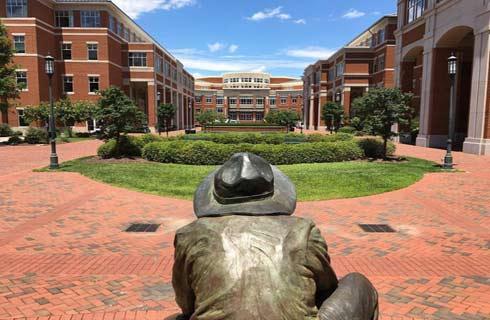
航空航天工程学士学位
 多伦多都会大学
多伦多都会大学学历文凭
Bachelor Degree with Honours
开学日期
课程费用总额

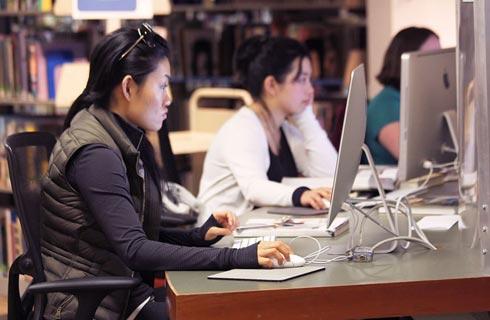
航空航天工程学硕士(非论文)
 麦吉尔大学继续教育学院
麦吉尔大学继续教育学院学历文凭
Masters Degree
开学日期
课程费用总额


航天工程学士学位(荣誉学位)
 约克大学
约克大学学历文凭
Bachelor Degree with Honours
开学日期
课程费用总额










